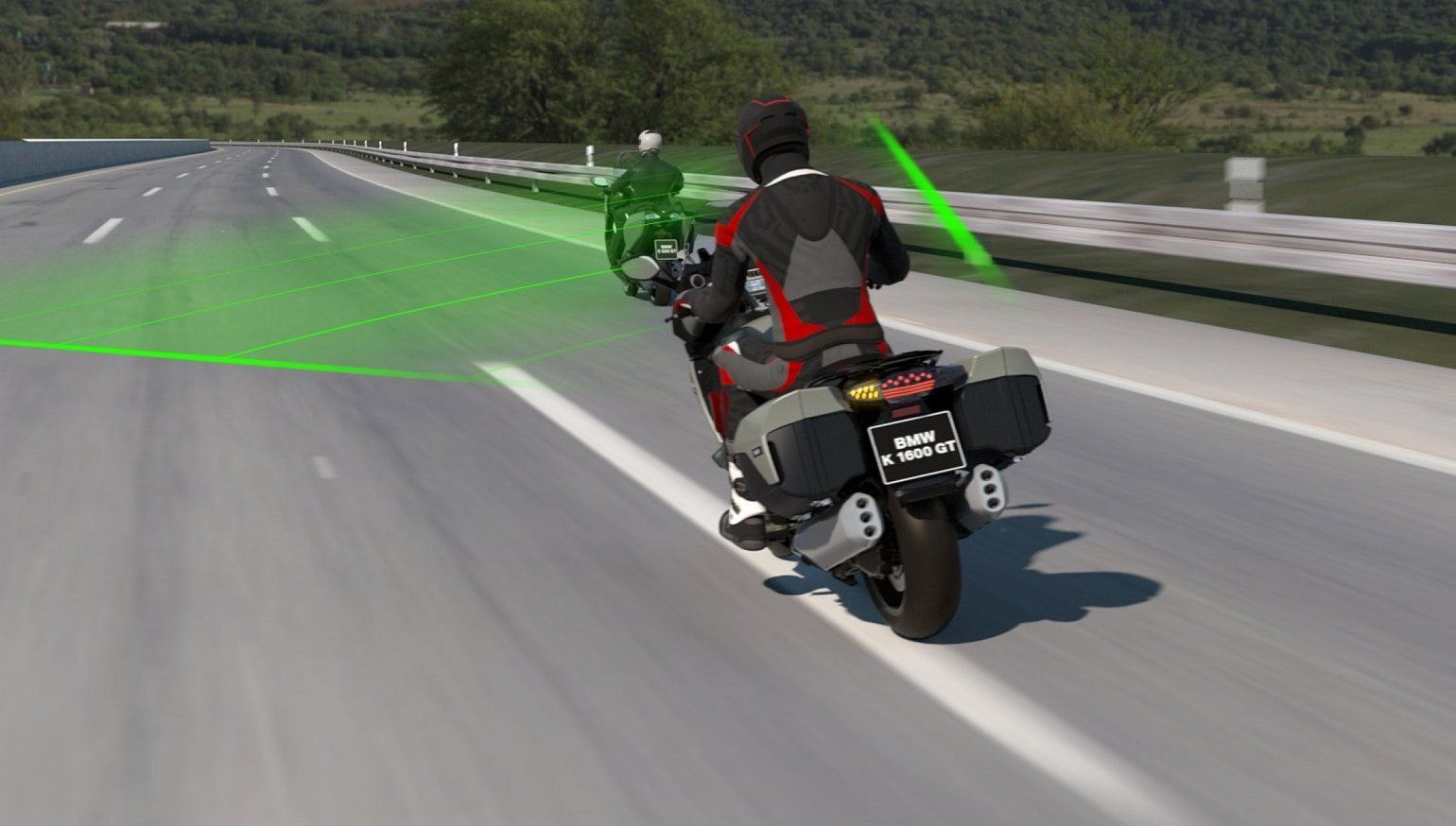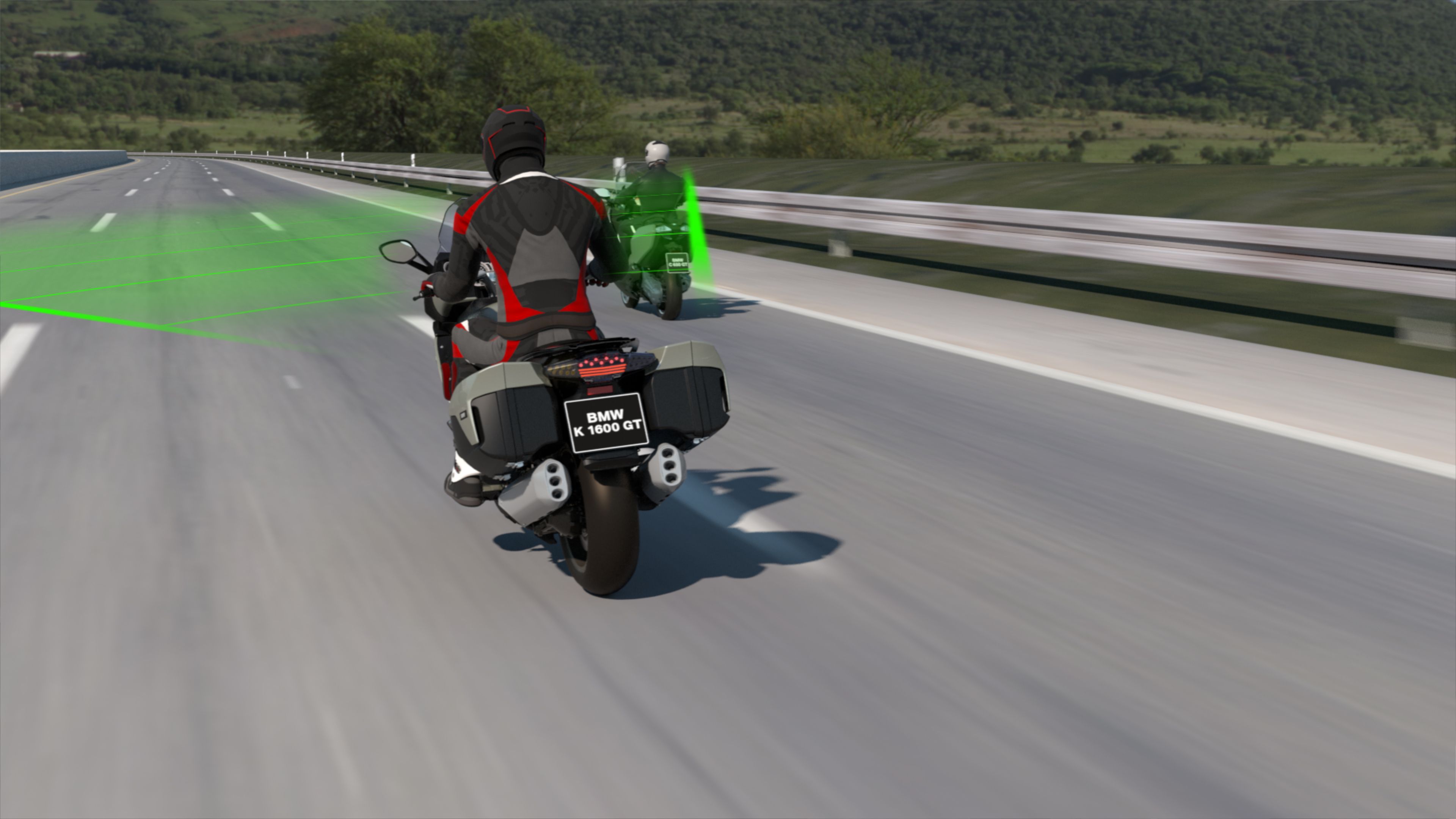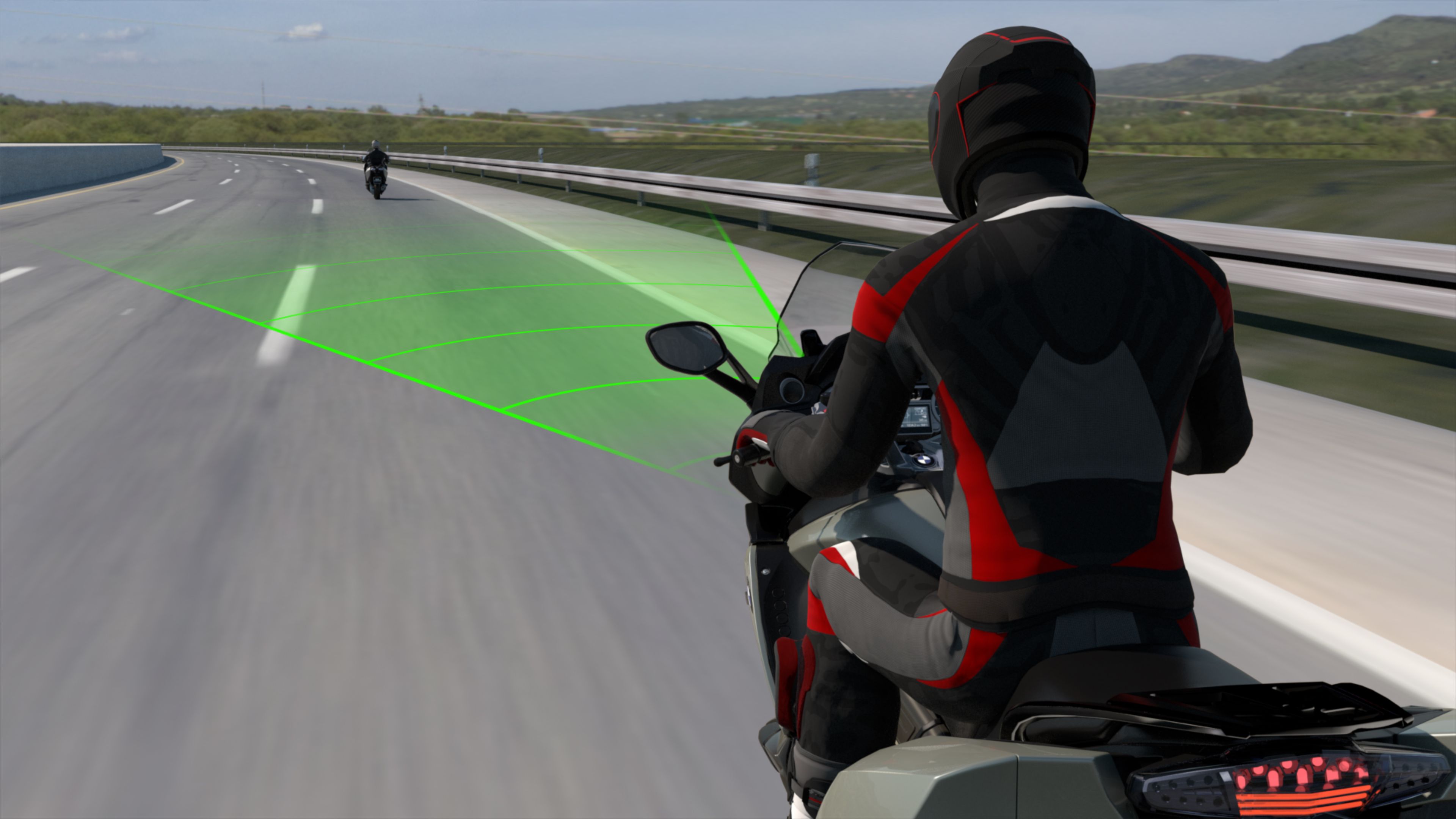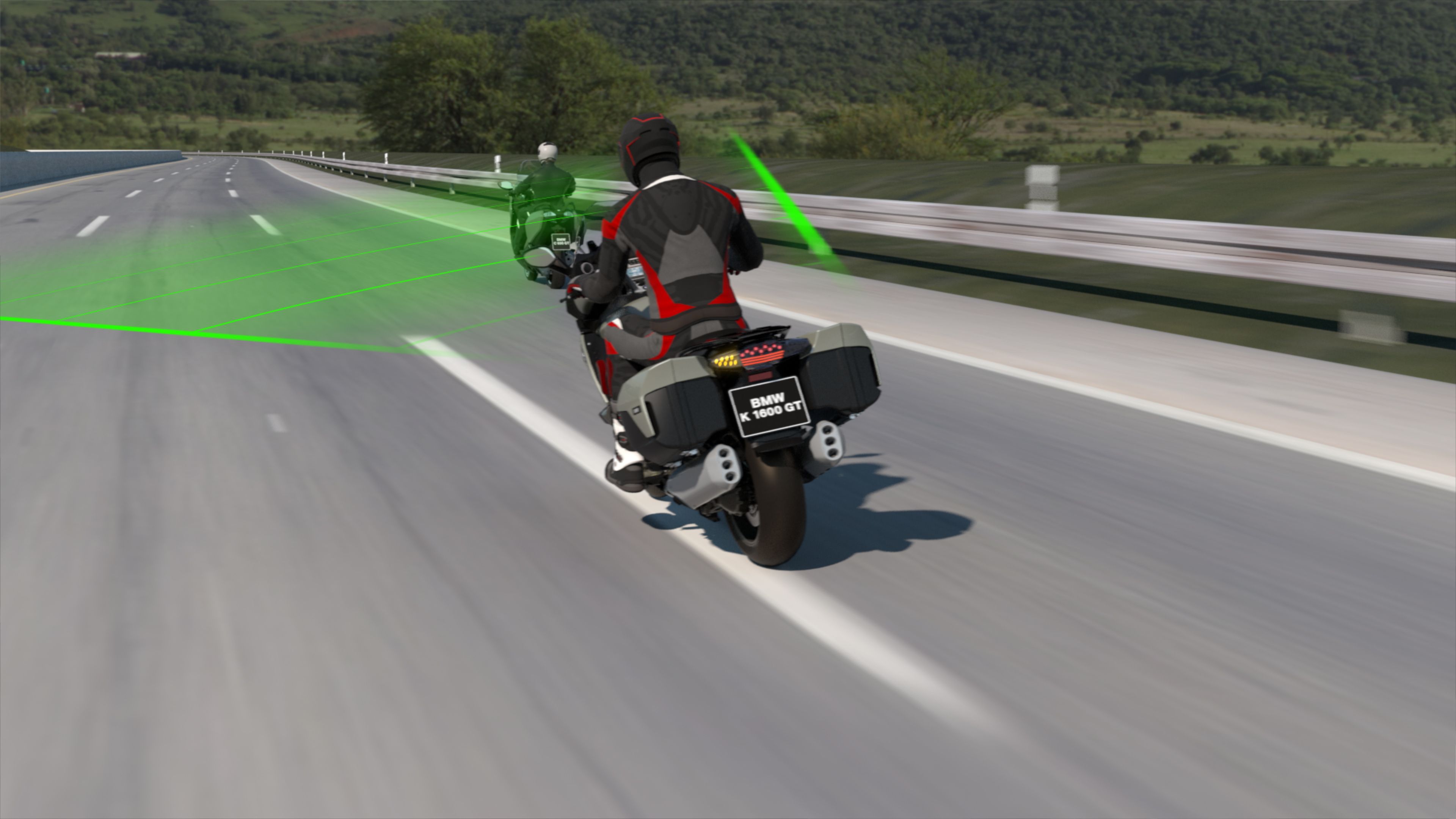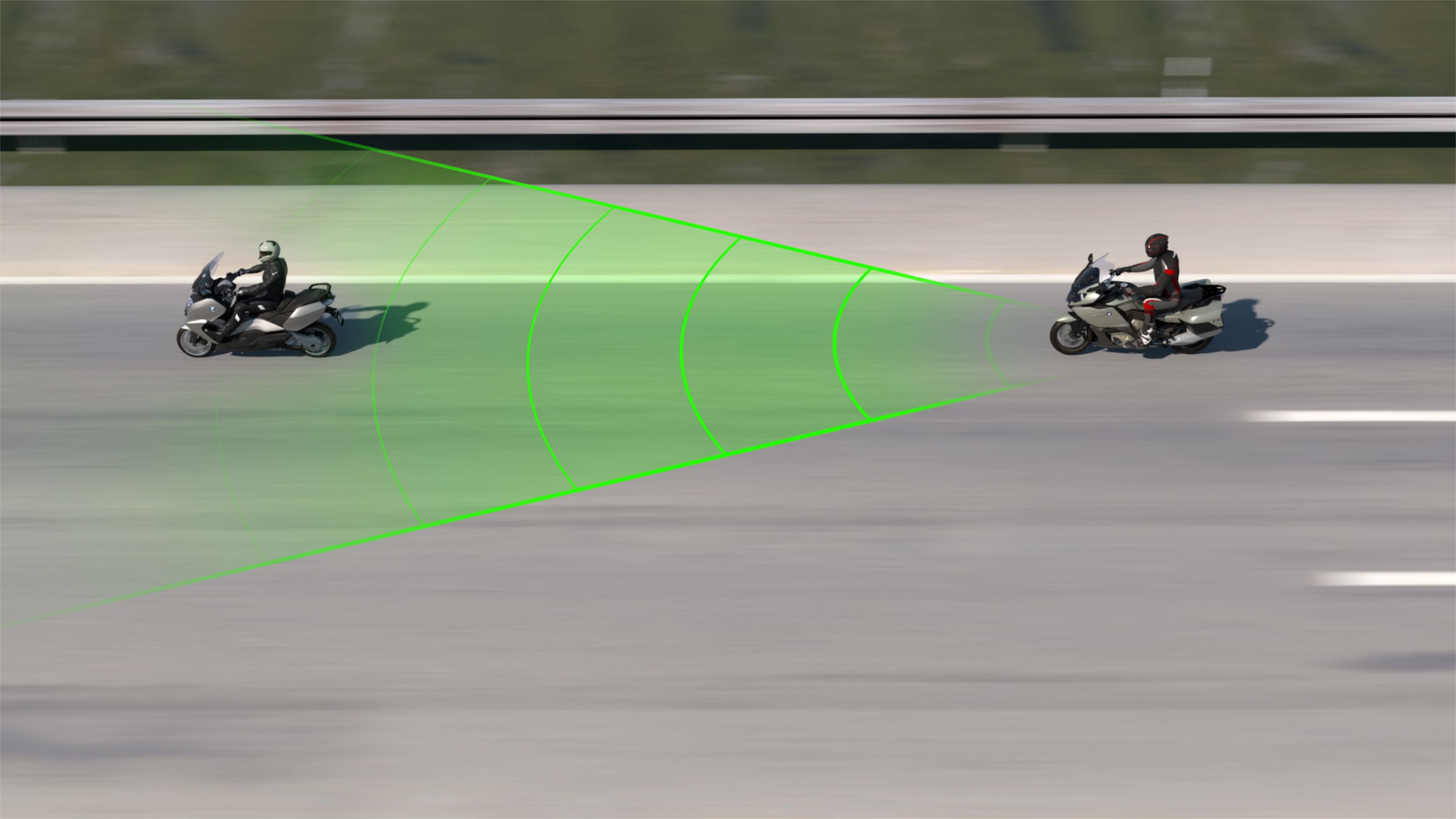Technology is advancing at a dizzy pace, allowing all sorts of new systems to be fitted to motorcycles. But are they always a good thing? Often, it feels as if technology is being adopted for adoption's sake without the bigger issues being evaluated. Adaptive cruise control using radar might work well in cars, but on a motorcycle, it could potentially encourage the rider to take less notice of the road ahead, which we can ill-afford to do.
The recent launches of the KTM 1290 Super Adventure S and the BMW R1250 RT got me thinking about the new technology that is adaptive cruise control. This is a system that has been fitted to cars for some time, whereby the cruise control works in conjunction with a radar system fitted to the front and rear of the car and accelerates and slows according the the car in front and can warn of a vehicle approaching too fast from behind.
So, now the tech is available on motorcycles, fitted first to the Ducati Multistrada V4 and now, to the KTM 1290 Super Adventure S and BMW R1250RT. Expect to see it on a bike near you very soon as it becomes de rigeur fitment for high-end motorcycles before trickling down to lesser models, as traction control and ABS did.
But, is this a valuable development in motorcycle technology or is it yet another case of technology for technology’s sake; that is not necessarily needed but which is adopted to gain an advantage over the opposition?
To put the cat amongst the pigeons, one could put forward the viewpoint that it could actually be a danger to motorcyclists. Let me explain my thinking.
There is no point in any ride, short or long, where the full attention of a rider is not required. Even when using cruise control, the rider cannot relax his concentration on the road and traffic conditions ahead - and behind.
By giving the rider a mechanism whereby he can begin to pay less attention to the vehicle in front is to engender a situation where he/she starts to pay less attention in general. It is all very well automatically maintaining a set distance to the vehicle in front but that represents only one of the hazards to a motorcyclist. Lure ourselves into a false sense of security in one aspect of riding is to introduce the danger of reduced awareness in others.
My argument is that, as a motorcyclist, we should be looking at the vehicle several vehicles in front of the one directly in front of us, to give ourselves as much advanced warning of vehicles slowing down or stopping. The radar will not do that.
Also, imagine if the radar detects a rapidly slowing vehicle in front and brakes accordingly. If the rider is not paying full attention because he thinks he doesn’t have to, will he be properly braced against the braking forces?
Not all the applications of the radar are questionable. The ability of the system to give warning of a vehicle approaching from behind, perhaps moving into the blind spot, is a bonus, although you would need to take your eyes off the road ahead to look at the warning light that will come on, on the dash.
Before you all get too hot under the collar, I realise that this technology will eventually form the basis of a wider safety package that will be developed in years to come. BMW demonstrated its self riding motorcycle a couple of years ago. The point of this was not to have a motorcycle that could follow you home if you’d had one too many at the pub! No, the point was to demonstrate technology that, when activated on the bike, would ‘talk’ to other vehicles out of sight of the rider which had similar systems. So, for example, if the bike detected a vehicle approaching from around a blind corner and considered an accident was imminent, the bike itself could take the necessary avoiding action, such as tightening the turn angle of the bike by counter steering or applying the brakes or throttle.
Radar activated cruise control would fit into such a system perfectly. But it doesn’t alter the argument that it encourages inattention on the part of the motorcyclist.
Do we really need such technology? Does it fall into the category of tech for tech’s sake, like self-cancelling indicators or full-colour TFT dashboards? Riding a motorcycle, to me, means being totally involved with the operation of the machine, being fully in control; that’s one of the joys of it. If I want to change into automatic mode, I take the car.
I can’t help thinking that taking one more aspect of control away from the rider is not necessarily a good thing. We are vulnerable enough as it is without encouraging us to leave too much decision making to the motorcycle.
Progress is inevitable, but are the products of it always necessary?

